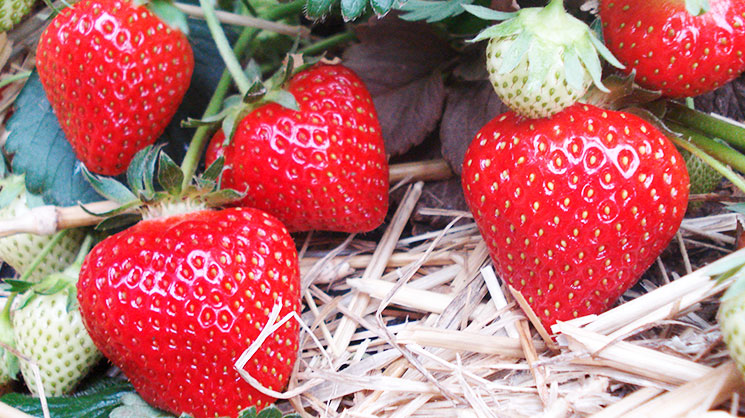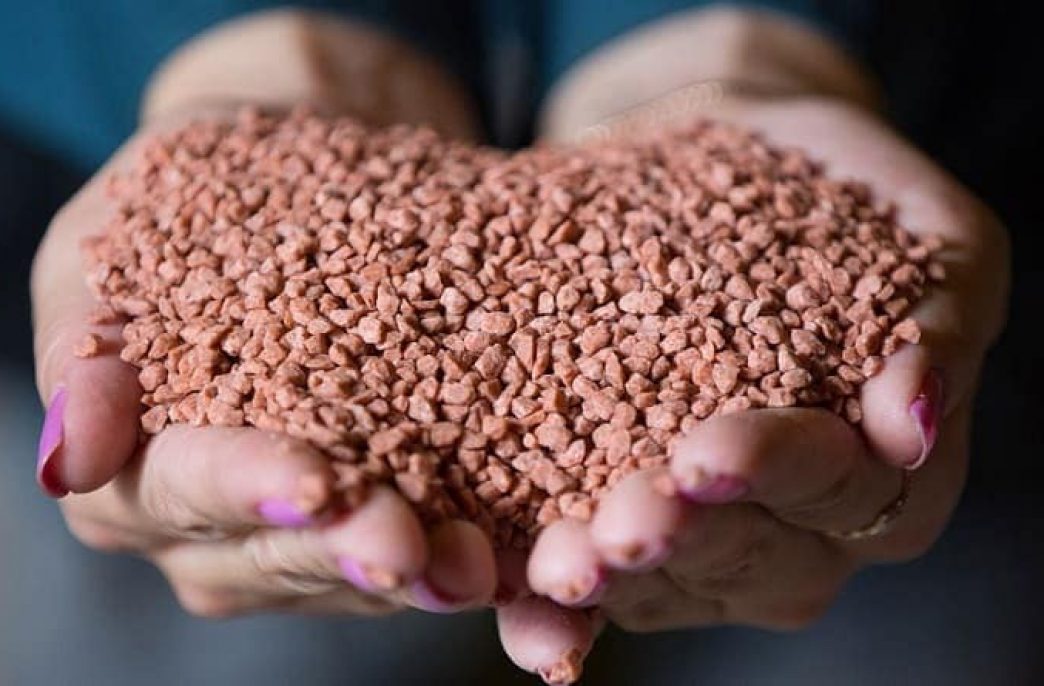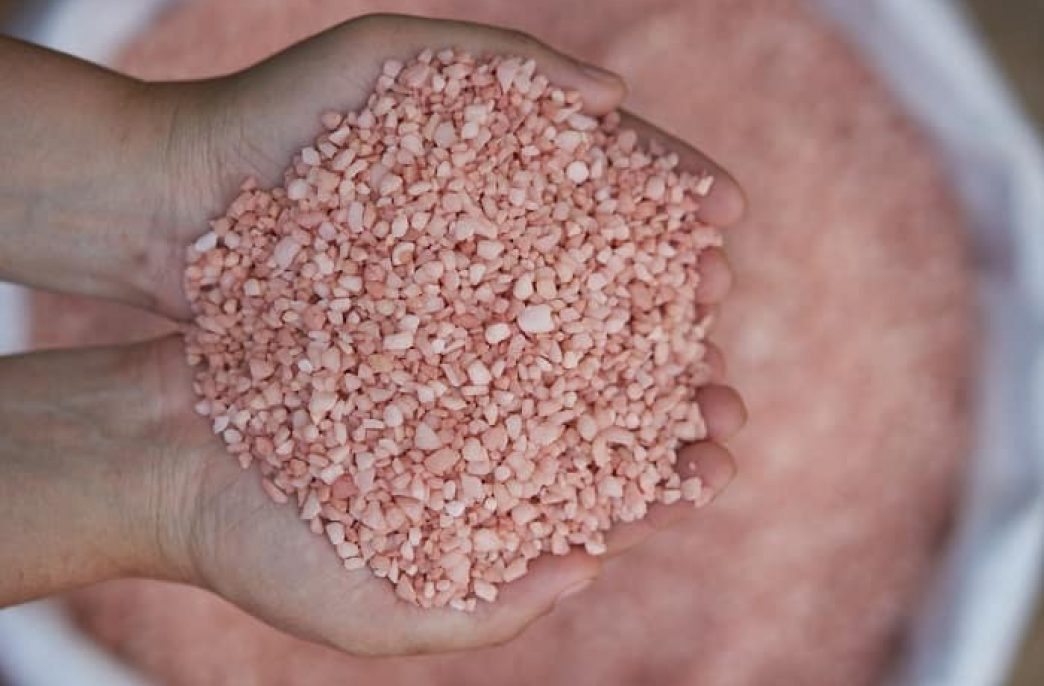The role of potassium in life

Potassium in life
The line of organo-mineral and biostimulating potassium in life helps professionals and amateurs grow high-quality fruits, vegetables and ornamental crops using complex products
at affordable prices, as in the open, and in protected ground.
Potassium, along with nitrogen and phosphorus, are among the main elements of plant nutrition. This essential component helps regulate the water balance of plants through the roots (osmotic gradient) and the functioning of the leaf stomata. Potassium contributes to the accumulation of starch and sugar in fruits, increases the resistance of plants to fungal and microbial diseases and insect damage, and plays an important role in dozens of metabolic reactions, activating at least 60 different enzymes involved in plant growth, photosynthesis, at each stage protein synthesis and metabolism in general. This element counteracts salt stress from sodium ions as potassium competes with it for root uptake.
Adequate potassium levels in life increase the production and transport of carbohydrates in the plant. Severe potassium deficiency inhibits the transfer of sugars within the plant, leading to accumulation of starch in the lower leaves. Potassium also plays an important role in increasing plant resistance to low temperatures, salinity, drought and disease. Therefore, the plant needs to supply enough potassium to meet the needs in all its parts.
Applying enough potassium to keep the foliage in good condition as the plant grows has a positive effect on the yield and on the soluble content of the fruit (more sugar) at harvest. More than 50% of the plant’s total potassium intake in life ends up in the fruit (Table 1). The effect that potassium has on protein synthesis enhances the conversion of consumed nitrate into proteins, which contributes to the efficient assimilation of the applied nitrogen fertilizers.
Potassium is a cation that is involved in maintaining the osmotic potential of plants (cellular turgor), one of the consequences of this is the movement of stomata – the holes that allow plants to exchange gas and water with the atmosphere. This allows plants to regulate the required water balance under stress conditions such as high salt content and water scarcity. Indeed, plants with a high potassium content usually use water more efficiently, that is, they consume relatively less water to produce the same amount of biomass, than plants that are deficient in potassium.
In addition, potassium affects the ripening process of fruits, namely the synthesis of the pigment lycopene, which is responsible for the red color of the fruit.




